The hostages are free. That – not the bombastic and performative speech given to the Knesset by Donald Trump, or the self-congratulatory and ingratiating performance by the prime minister of Israel, Benjamin Netanyahu – was the most important event of a historic day.
Stating that fact is not to take anything away from President Trump’s personal diplomacy – which has been a critical factor in delivering the ceasefire, the release of the hostages, the exchange of Palestinian prisoners and other detainees, and the hopes for a wider peace – but it feels like a necessary corrective at a moment when, understandably, emotions are running high and the air is thick with hyperbole and sycophancy.
The US president was entitled to have what’s been widely described as his “victory lap”, but some sense of perspective is also required on what is, at best, the first day of the beginning of the end of a decades-long conflict.
Arguably, indeed, this war could easily have ended more than a year ago had Mr Netanyahu really wanted it to, and had Joe Biden coerced him into ending it. That it was President Trump, rather than President Biden, who bullied the Israeli government adds some irony to the warm atmosphere earlier today in the Knesset chamber. President Biden always said he “had Israel’s back”, and he meant it; President Trump’s support is more conditional on Israel doing as America demands.
It was not, in truth, much of a celebration for Mr Netanyahu, to whom no one should be grateful. It cannot have been his desire, and must surely have been far from his calculations, that he should end up with his supposed ally Mr Trump launching a plan that has as its aim an implicit two-state solution and an eventual independent state of Palestine.
For his own political purposes, and to avoid returning to an Israeli courtroom on corruption charges, it would have suited Mr Netanyahu well to continue indefinitely the war against Hamas – though in reality, it involved bombing and starving Palestinian civilians. That is why his name was jeered in Hostages Square when Steve Witkoff, the US president’s envoy, attempted to give him some credit for the end to hostilities.
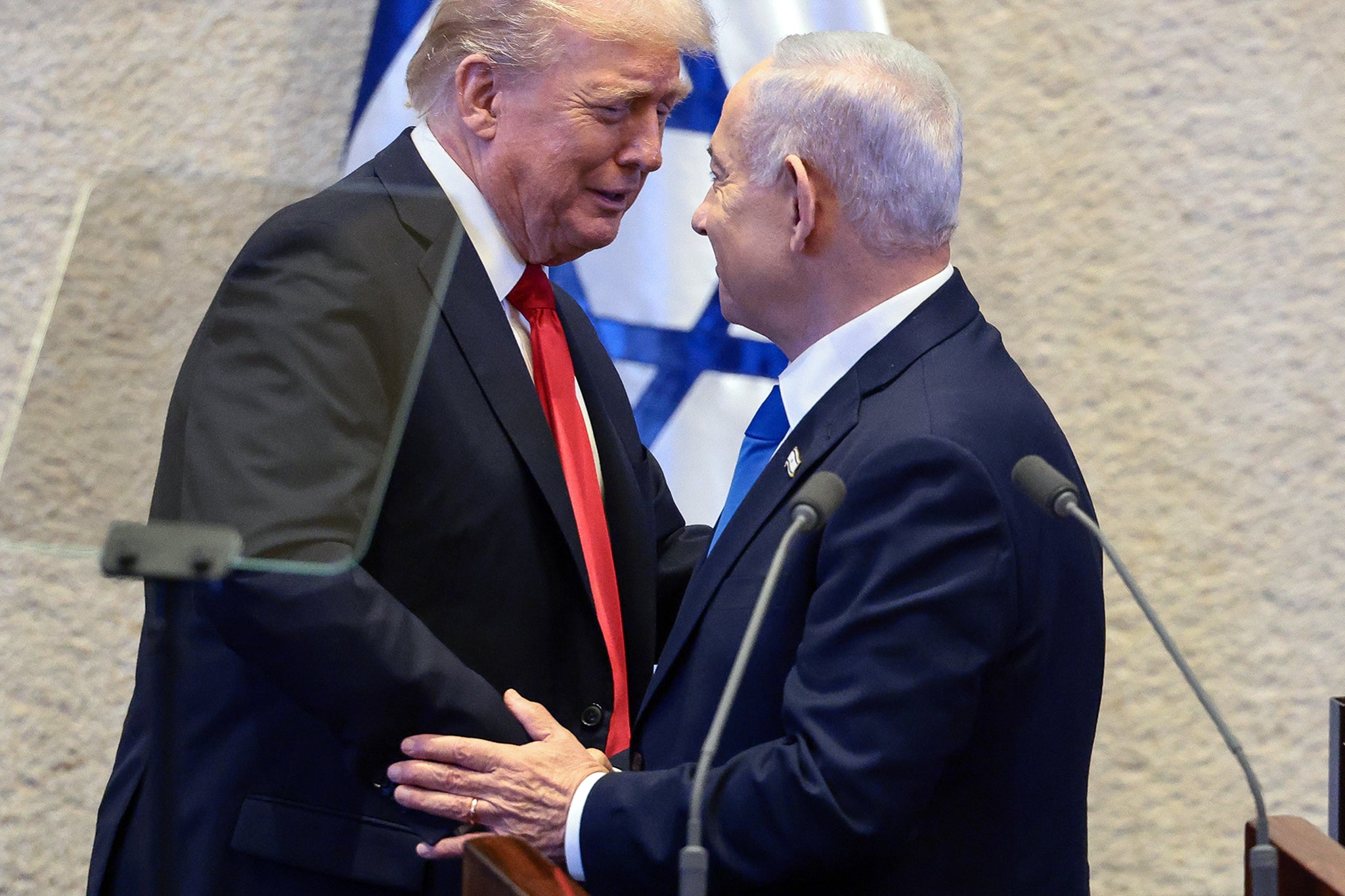
To a considerable extent, the Trump peace plan now being imposed on Israel is the result of Mr Netanyahu’s own disastrous actions. Israel became so diplomatically isolated, and its conduct of the war so intolerable to the Gulf states, that the US president had no alternative but to tell the Israeli leader to stop. Mr Trump coated that truth with some humour, but the message he delivered to the MPs and ministers assembled at the Knesset was clear: America is in charge, and Israel’s interests now come second to those of America’s wider regional strategy, even if on this occasion the two happily coincide.
Israel, because of its alienation from previously friendly Western powers, is more than ever a protectorate of the United States – a status that guarantees its existence, but not its endless expansion or a permanent state of war.
It was one of President Trump’s predecessors, George HW Bush, who famously found “the vision thing” irksome – and setting aside his own vainglorious tendencies, Mr Trump is also not a natural at delivering shining rhetoric about lofty purpose either. But, at least in the more scripted passages of his address, the current US president did project the image of a bright, tranquil and prosperous future for the entire region, underpinned by the regional superpowers of Turkey, Saudi Arabia, and indeed Israel, although under US tutelage.
As with his building projects, so with his peace plans – Donald Trump prefers them “the bigger, the better”. As he is at pains to stress, this is more than the typical hostages-for-prisoners deal attached to a brief ceasefire. It isn’t just about this war being over, as he declared on Air Force One as it crossed the Atlantic. The Trump peace plan is designed to see Israel recognised by all of its neighbours through an expanded series of Abraham Accords, an implicit two-state solution to the Israel-Palestine question, and the rebuilding of Gaza.
Of course, all of this is to assume that the Trump plan succeeds where so many others have foundered. That is hardly a given. Time and again we have seen painstakingly constructed efforts to achieve peace in the Middle East evaporate after a promising start. This, too, may prove to have been another false dawn, as so much has yet to be agreed, with the disarmament of Hamas one of the key issues still to be resolved. President Trump even posits the possibly of Iran joining the process, convinced that, despite its nuclear facility having been bombed and the icy hostility of the Islamic state towards the “Great Satan”, “they wanna deal” – and he’s the man to strike it.
For now, what President Trump has achieved – albeit with some luck, and a certain war-weariness among the combatants – is reason enough for him to enjoy thanks and praise. But it would be a surprise if there were no disappointments, setbacks or violence in the months and years ahead. An impatient man, Mr Trump will have to accept that his peacemaking work will not be done for some time to come. Maybe then, the superlatives will sound a little more convincing.

.jpeg)
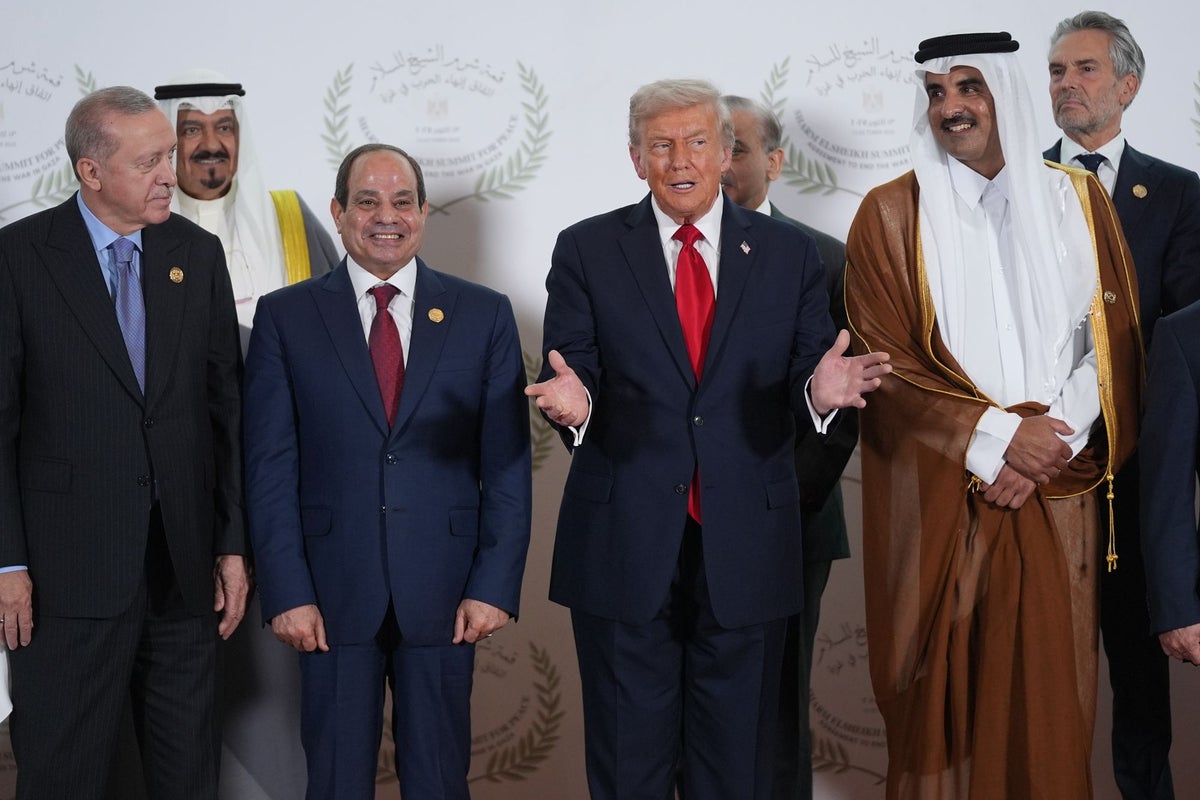
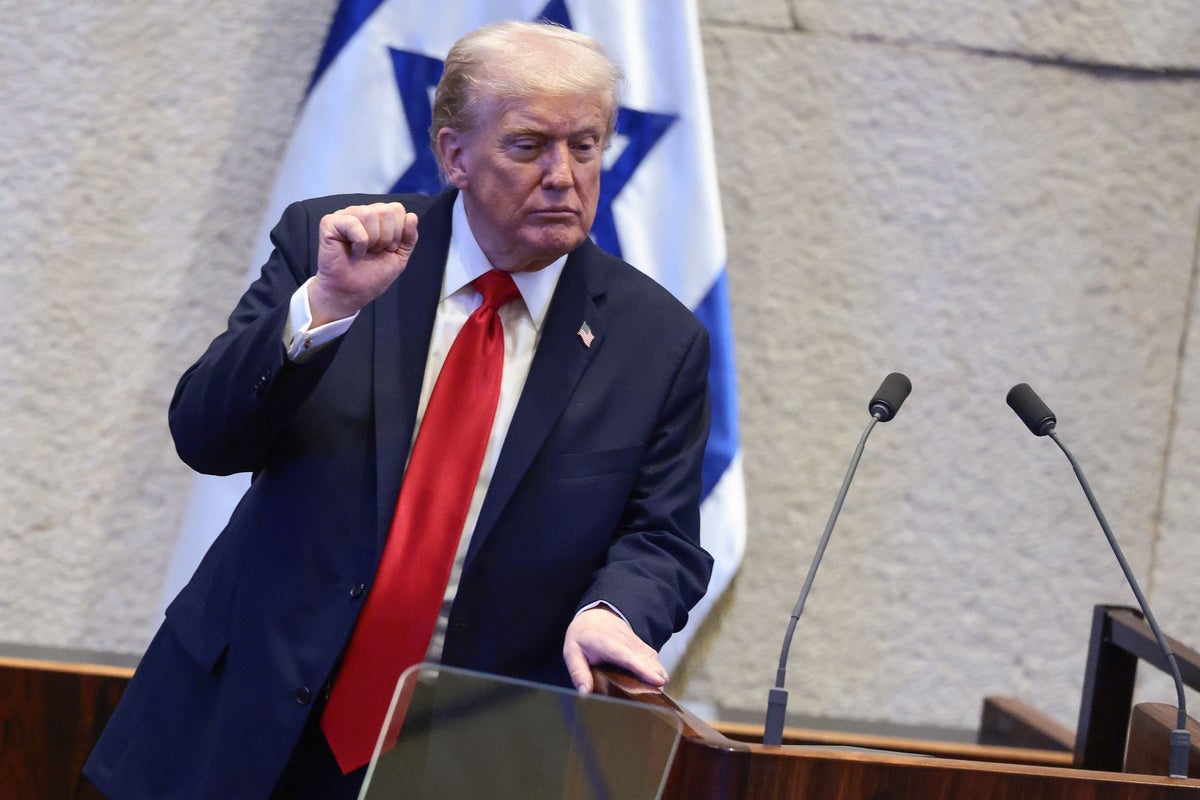


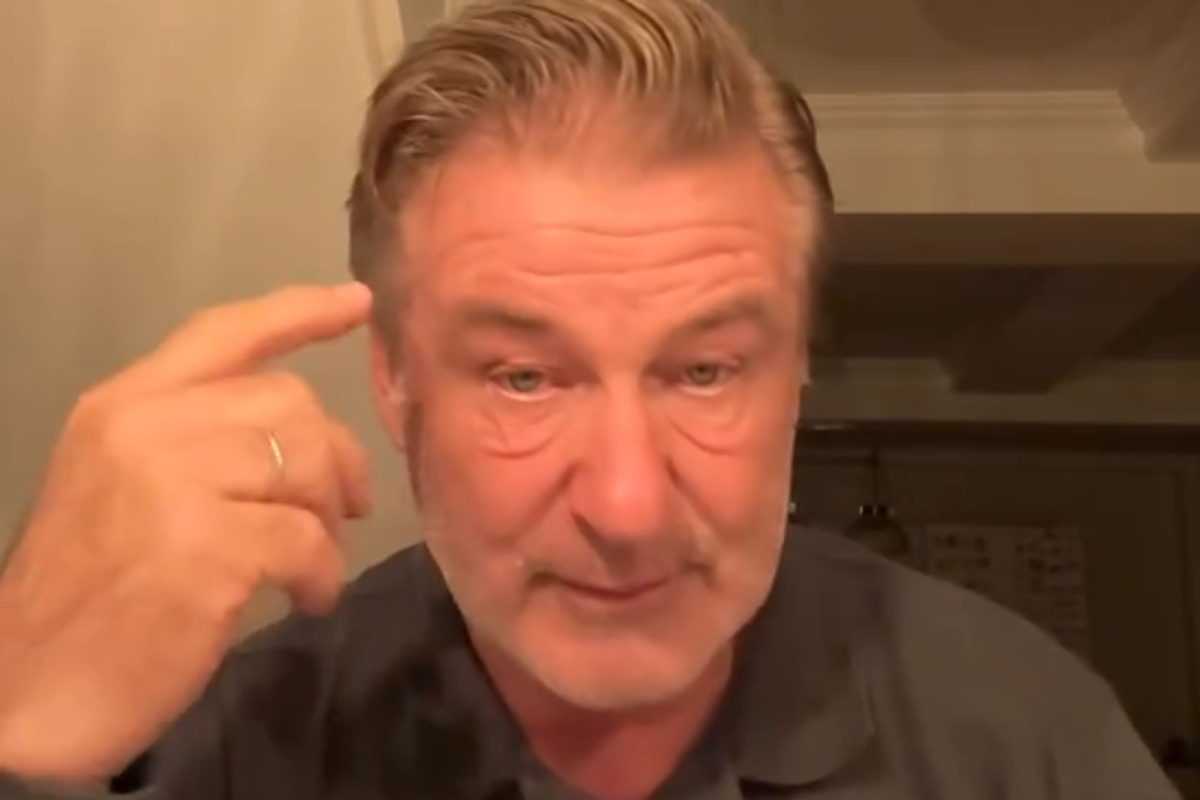

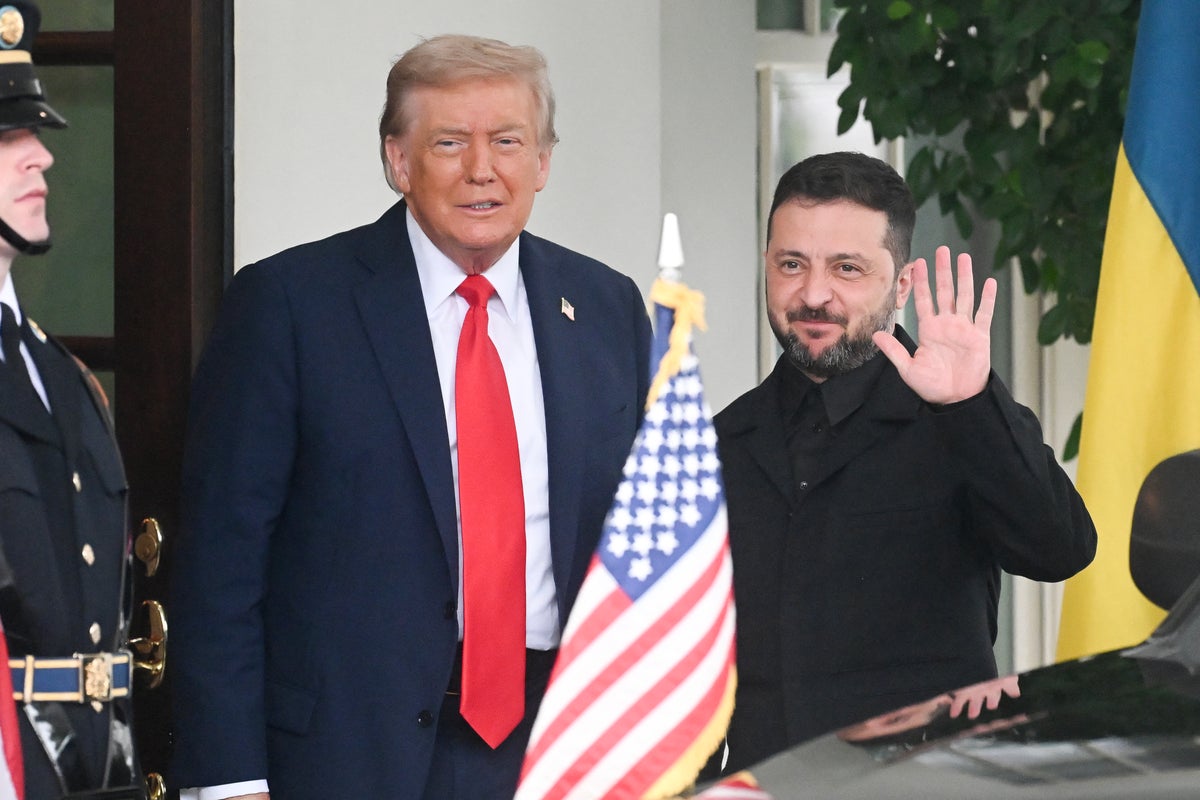


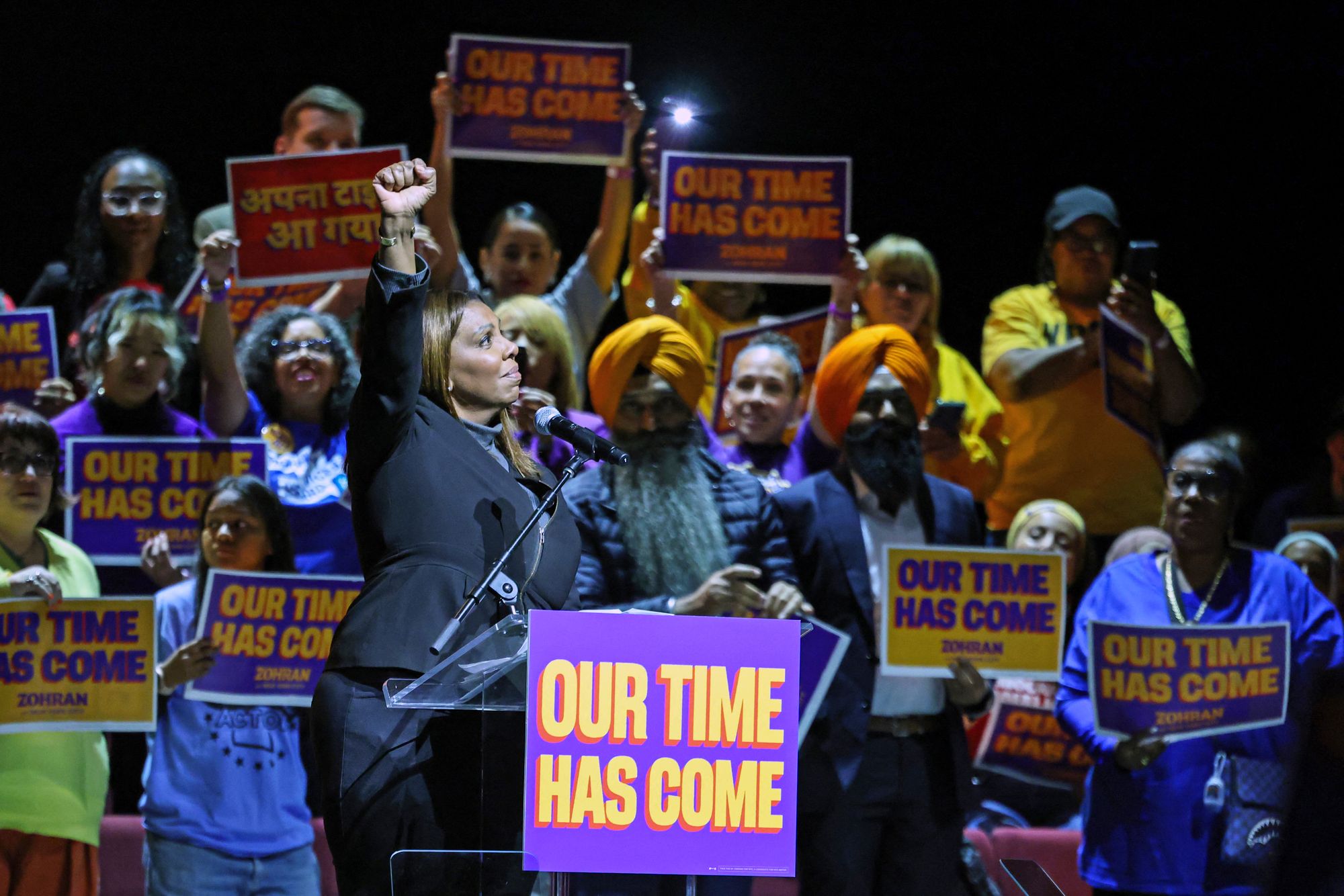







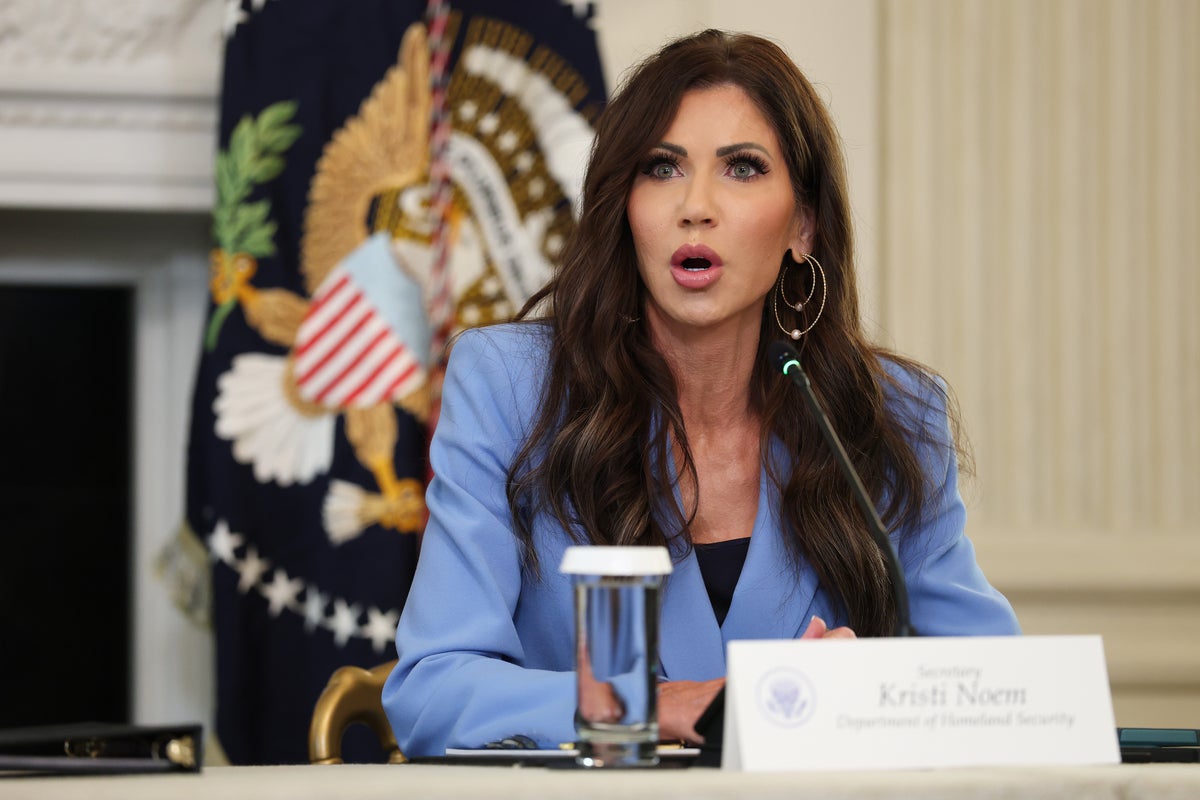




.jpeg)












 English (US) ·
English (US) ·